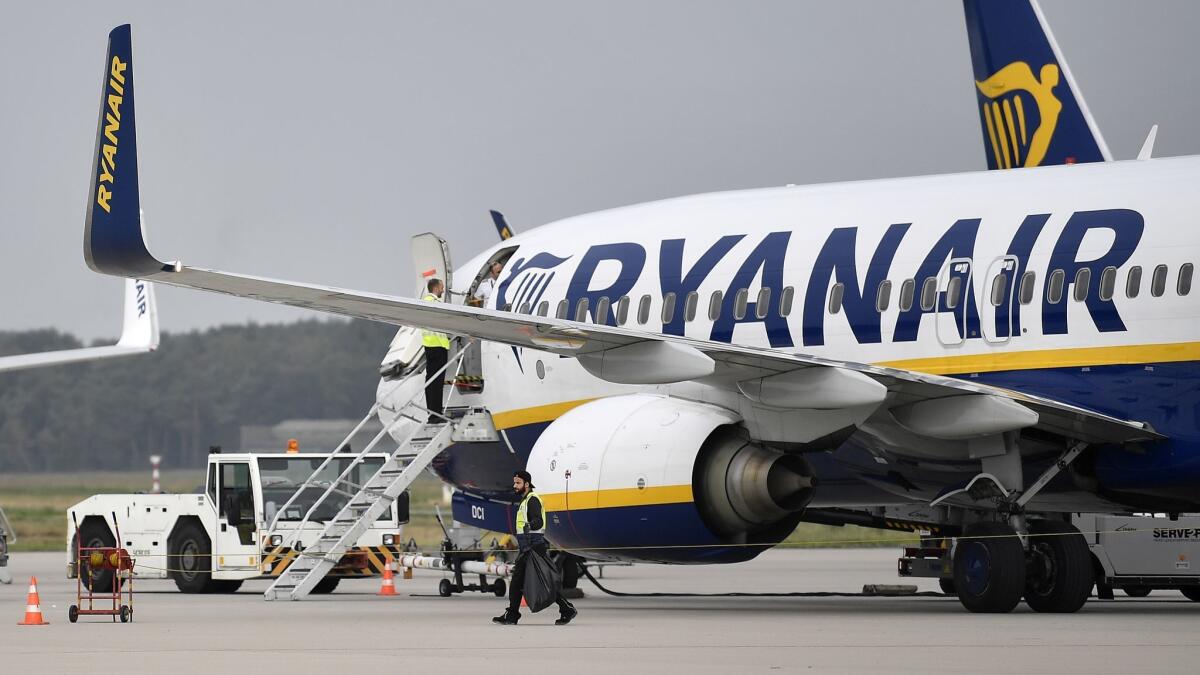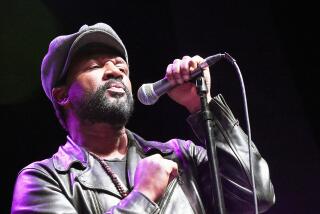Airlines admit they’re struggling to deal with racist, abusive passengers

Airlines are finding it hard to clamp down on racist behavior and sexual harassment, with just one in 20 incidents leading to offenders being removed from planes, according to data from the industry’s own trade group.
Last year saw 350 reported cases of “inappropriate touching” and racial, homophobic or ageist abuse on flights, International Air Transport Assn. figures show. Police or security officers became involved in only 178 of the incidents, with 141 resulting in nothing more than a warning. And just 17 passengers were taken off the aircraft.
Several well-publicized incidents in the last year have led to criticism of airlines, which at times have appeared more concerned with keeping flights on schedule than addressing miscreants. A video showing a white man abusing a black woman sitting close to him on a Ryanair flight went viral in October, for example, while policies toward harassment have come under increased scrutiny with the rise of the #MeToo campaign.
The IATA figures obtained by Bloomberg, the first collected on hate crimes on aircraft, come after the trade group has previously focused more on highlighting a jump in drunkenness or violence. The group, which represents close to 300 airlines, says there are some obstacles to the industry improving its record.
“There should be zero tolerance to this,” said Tim Colehan, assistant director of external affairs at IATA. “However, it requires people to be willing to report to crew and sometimes for there to be witnesses. And if a country doesn’t have the jurisdiction to intervene the accused will just be released.”
Airline cabin crew are trained to monitor passenger alcohol consumption, which can be a trigger for a variety of antisocial behaviors, according to Colehan, as well as in the use of de-escalation techniques when incidents occur.
According to data compiled by Britain’s Civil Aviation Authority, reported incidents of unruly behavior have more than quadrupled since 2013, with intoxication identified as a main trigger.
The law regarding in-flight offenses was tightened by the International Civil Aviation Organization’s Montreal Protocol of 2014, which seeks to encourage enforcement action and close jurisdictional loopholes.
The accord has so far been ratified by only 15 of the 22 countries required, with the U.S., China and Britain — the three biggest aviation markets — yet to do so, Colehan said. In some cases, domestic laws need to be altered to comply with treaty obligations.
IATA says that instances of physical violence, verbal aggression and noncompliance with safety rules actually declined in 2017, though cases of life-threatening behavior and the attempted or actual breach of flight-deck security increased by a “significant” 3%.
More to Read
Inside the business of entertainment
The Wide Shot brings you news, analysis and insights on everything from streaming wars to production — and what it all means for the future.
You may occasionally receive promotional content from the Los Angeles Times.










